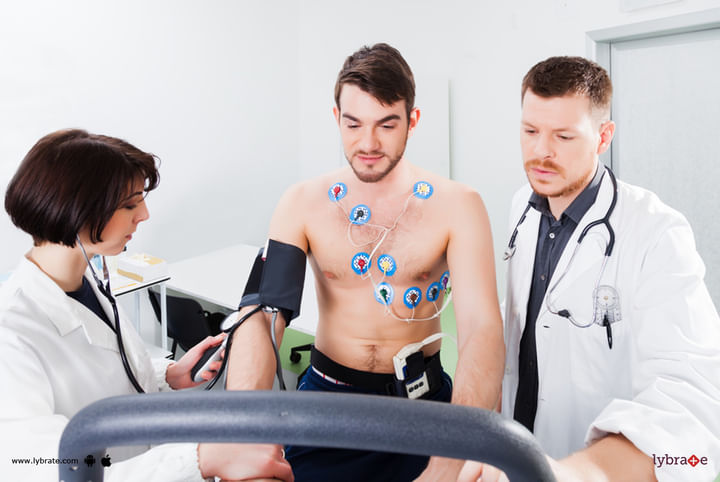Diagnostic Tests In Cardiology - Know About Them!
Advancement in science and technology has largely contributed to the field of medicine. The methods of diagnosis for some of the very serious conditions have become readily available for the masses. Furthermore, there are a number of diagnostic tests in cardiology that give details about the condition of the heart. These tests help to find out which treatment options are best suited for the patient. Some of the most common among them include Echocardiography (also called echocardiogram test), Treadmill Test (TMT), and Electrocardiogram (ECG).
Echocardiography
An Echocardiography test is a visual outline of the movement of the heart. It is a test in which sound waves are used to produce live pictures of the heart. The picture is referred to as echocardiography. The doctor can monitor how the heart and its valves are working. The images help them spot fluid in the sac around the heart, blood clots in the heart, issues with the aorta (the most important artery connected to the heart) among several other possible complications.
Echocardiography is a pain-free test which can be done in the hospital or in the doctor’s office. The test normally takes up to half an hour. A standard or quality-based echo does not require any particular follow-up or preparations. A heart specialist or cardiologist will examine the results from the echo. After having echo, a person normally goes back to normal activities immediately.
Treadmill Test (TMT)
In a treadmill test, a person is asked to exercise on a treadmill and he or she is hooked up to the machine called electrocardiogram machine. This process allows the doctor to monitor the heart rate. The treadmill test is also known as an Exercise Stress test. This test helps the doctor determine if the heart receives sufficient oxygen and proper flow of blood when exercising. It could be directed for those who have been experiencing symptoms of coronary heart disease (which is also called coronary artery disease) and pain in the chest. This test is usually considered safe. But some exceptional risks include fainting, collapsing, chest pain, irregular heartbeat, and heart attack.
However, these instances are rare since the test is usually performed under the supervision of a cardiologist so that any kind of emergency during the test can be effectively managed.
Electrocardiogram (ECG)
The electrocardiogram is the oldest and the simplest of all the methods of cardiac investigation. It is an image of the electrical conduction that record the patterns of electrical signals in the heart. It is a very common test used to find out the heart problems and detect the status of the heart in many situations.
During an ECG, electrodes/sensors are attached to the chest and sometimes to the limbs for monitoring the electrical activity of the heart. This test is painless and non- invasive which provides quick results.
Take Away
These are some of the tests to detect heart problems. However, doctors recommend these tests depending upon an individual’s health condition.



+1.svg)
